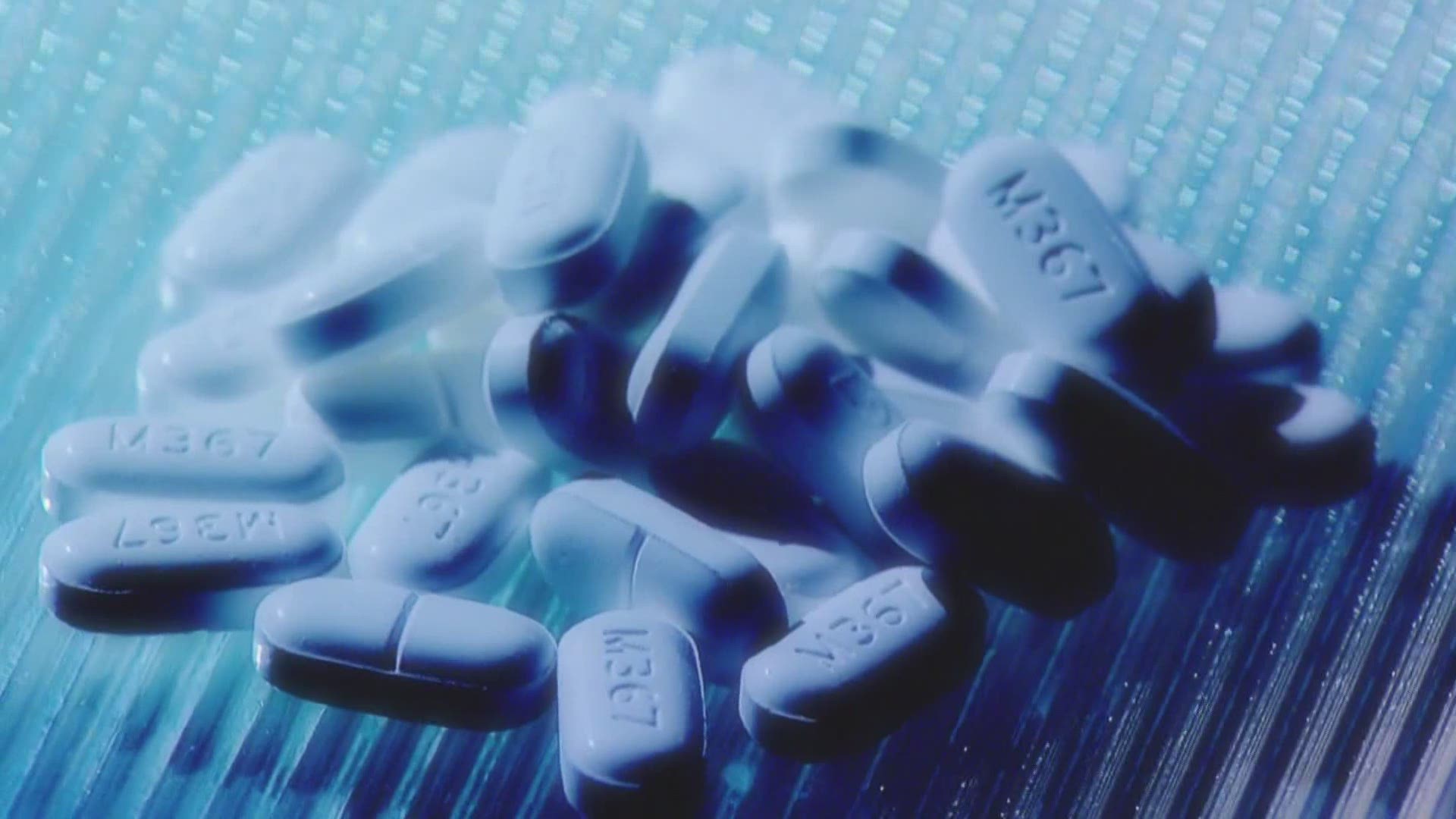AUGUSTA, Maine — Maine’s opioid drug problem appears to be getting worse, and from the Governor on down, people involved in trying to help those with addiction say part of the problem is the pandemic.
Damariscotta Police Chief Jason Warlick is passionate about trying to help people with drug problems get into treatment. He says the police department encourages users to seek treatment, host regular peer support group meetings and knock on doors to spread the word about recovery.
“Every single person we deal with who has a substance abuse disorder, whether they care about themselves or not, somebody loves them and we have to remember that,” says Warlick.
But Maine’s opioid problem is getting worse. The Attorney General’s office is projecting that for the first six months of this year, there will be as many as 259 drug overdose deaths. That represents a sharp increase from a year ago. At her annual opioid summit, Governor Janet Mills also talked about the problem.
“We’ve lost many souls as the parallel pandemic of substance abuse disorder has stolen the lives of hundreds who swallowed pills, stuck needles in their arms, and gave up on the rest of us who couldn’t be there to help.”
Chief Warlick and others say the pandemic forced a shutdown of support groups, face to face counseling and other programs, because of the need to keep people at home. Chief Warlick said he has lost contact with many who were part of the recovery programs.
Asked if he worries some of them have slipped back into addiction, he said he does.
“Sick to my stomach (about it). It sucks,” Chief said.
He said that the pandemic has isolated many people, and for those who need face to face contact for treatment, it's taken away that all-important crutch to help them stay drug-free.
“They don’t have peer to peer support, they don’t have their counselors, their therapists. They have to do a Zoom meeting for counseling, that’s not what they need.”
Warlick said he’s trying to change that for the group of people he and other officers had been helping. The Chief says the peer support meetings in the police station will resume in August, and that he, local counselors and related groups are looking for other steps that will help those in recovery reconnect, to bring them back into programs and keep them safe.
As for the statewide problem, Gov. Mills said her administration will expand efforts its already making by adding more recovery houses, expanding treatment efforts and prevention programs, and further expanding the availability of the overdose antidote Naloxone.
At NEWS CENTER Maine, we’re focusing our news coverage on the facts and not the fear around the illness. To see our full coverage, visit our coronavirus section, here: /coronavirus-covid-19

